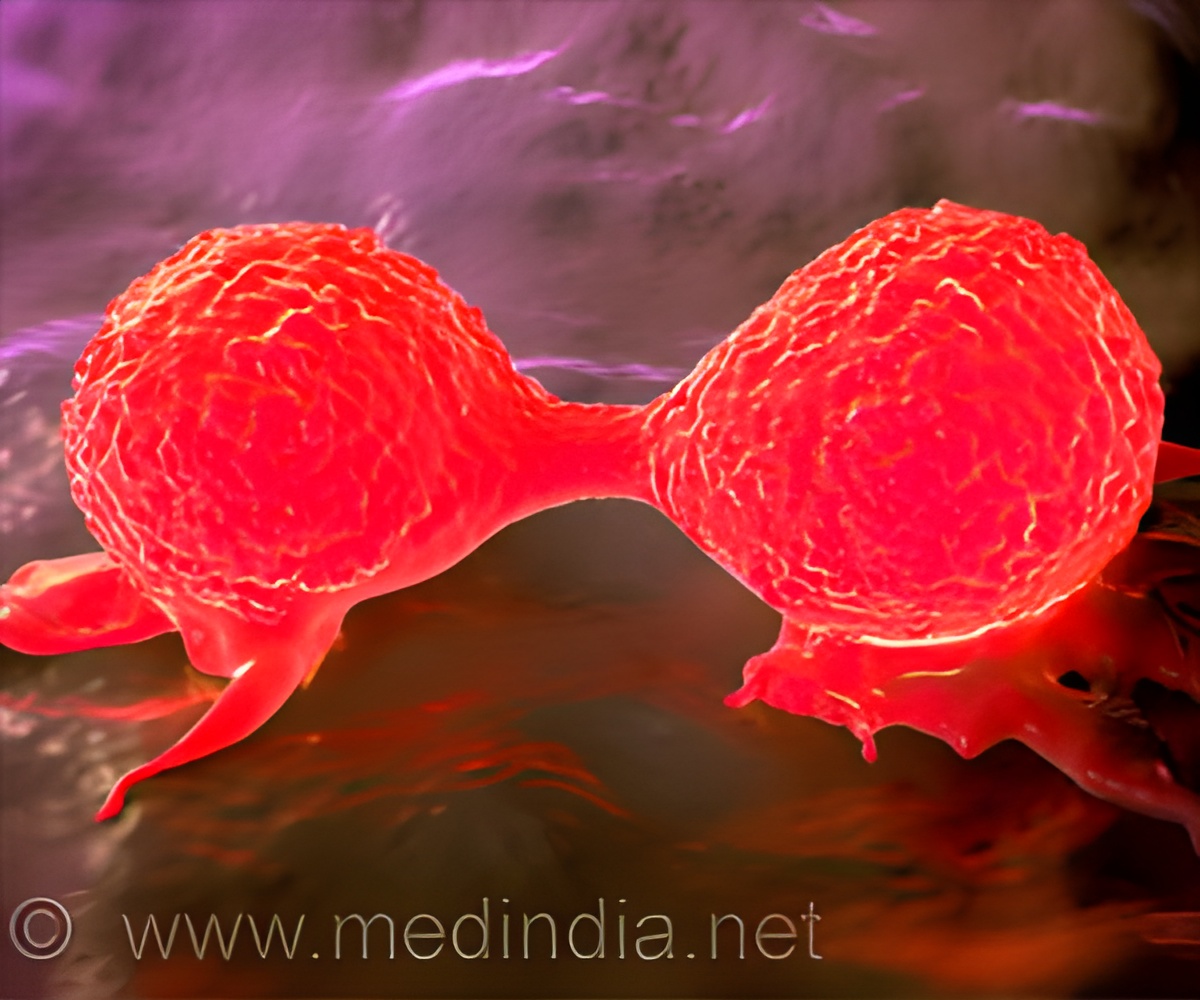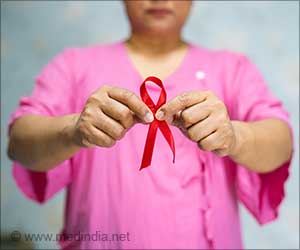New study highlights the dual role that blood vessels can play in cancer immunotherapy and eliciting anti-tumor immune responses or even preventing breast cancer spread.

Priming a vascular-selective cytokine response permits CD8+ T-cell entry into tumors
Go to source). In one new scientific paper, researchers report that the effectiveness of immunotherapy drugs called immune check blockade is enhanced when blood vessels are targeted in a specific way. (Immunotherapy enhances the power of the immune system to fight cancer and other diseases.) In another paper, they outline a finding that could help prevent breast cancer from metastasizing or spreading to other parts of the body.
‘Researchers have made new important discoveries about the role of blood vessels in using the immune system for treating solid tumors and preventing the spread of breast cancer.#breast cancer #immunotherapy #cancer treatment’





Blood vessels can act both as good guys and bad guys in a growing tumor. On one hand, blood vessels are a passageway that allows special immune cells to enter the tumor, where they will hopefully find cancer cells and kill them. On the other hand, blood vessels act as a highway for cancer cells to enter the bloodstream and spread to distant sites in the body.Blood Vessels Improving Cancer Immunotherapy
Researchers outline how the tumor vasculature – the blood vessels that feed a tumor – could be targeted to help immune cells enter the tumor and kill the cancer cells. They found that a particular enzyme, called DNMT1, is an important gatekeeper in blood vessels that determines whether anti-tumor immune cells can enter the tumor “microenvironment”.When the investigators disabled this enzyme only in the blood vessels, they found it reduced vessel growth and made the vessels more receptive to immune cell entry; this led to an improved response to immunotherapies (2✔ ✔Trusted Source
Targeting Tumor Vasculature with TNF Leads Effector T Cells to the Tumor and Enhances Therapeutic Efficacy of Immune Checkpoint Blockers in Combination with Adoptive Cell Therapy
Go to source).
By blocking this enzyme with drugs, doctors might be able to bolster the number of anti-tumor immune cells that can enter patients’ tumors and kill cancer cells. This approach could be combined with existing immunotherapy approaches to increase the number of patients who respond to the treatment.
Preventing the Spread of Breast Cancer
In the other paper, researchers shed important new light on how breast cancer cells spread from the initial tumor site to other parts of the body, including the lymph nodes. These insights are particularly important because patients whose cancer spreads to the lymph nodes typically see worse outcomes – especially for breast cancer.They found that highly metastatic breast cancer cells activate other types of cells, called fibroblasts, to “remodel” the surrounding environment so that cancer cells can escape the tumor, enter the lymphatic vessels, and spread to the lymph node. Using drugs to interrupt this process early on could offer a way to prevent breast cancer from spreading.
These findings show how cancer cells can take advantage of non-cancerous cells in their surroundings and change their behavior to enter vessels and spread to different sites in the body -- especially the lymph nodes (3✔ ✔Trusted Source
Consensus guidelines for the use and interpretation of angiogenesis assays
Go to source).
Advertisement
In other words, cancer cells have this whole ecosystem or microenvironment where they thrive. Researchers hope that by understanding how cancer cells exploit their microenvironment, we can perhaps develop new types of therapies, improve existing drug responses or even prevent cancer from spreading.
Advertisement
- Priming a vascular-selective cytokine response permits CD8+ T-cell entry into tumors - (https://www.nature.com/articles/s41467-023-37807-z)
- Targeting Tumor Vasculature with TNF Leads Effector T Cells to the Tumor and Enhances Therapeutic Efficacy of Immune Checkpoint Blockers in Combination with Adoptive Cell Therapy - (https://aacrjournals.org/clincancerres/article/24/9/2171/81223)
- Consensus guidelines for the use and interpretation of angiogenesis assays - (https://link.springer.com/article/10.1007/s10456-018-9613-x)
Source-Eurekalert















